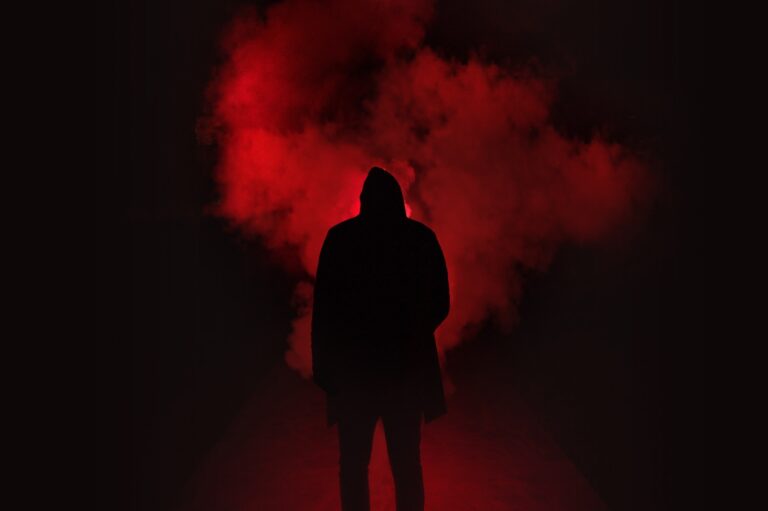What is the legal status of prostitution in Maryland, United States?
Prostitution is illegal in Maryland, United States. Engaging in, soliciting, or promoting prostitution is considered a criminal offense in the state. This illegality extends to all forms of prostitution, including street-based, brothel-based, and escort services.
What laws, penalties, and law enforcement strategies are in place for prostitution in Maryland?
Various laws, penalties, and law enforcement strategies have been put in place to combat prostitution in Maryland. Some of these include:
- Prostitution and solicitation: Under Maryland Criminal Law Section 11-306, it is illegal to engage in or offer to engage in prostitution or assignation. The penalties for violating this law include imprisonment not exceeding 1 year and/or a fine not exceeding $500.
- Pandering: Maryland law prohibits the act of pandering, which involves persuading or encouraging another person to engage in prostitution. Penalties for pandering include imprisonment not exceeding 10 years and/or a fine not exceeding $5,000.
- Human trafficking: Maryland has enacted laws against human trafficking for sexual exploitation. Violators can face severe penalties, including imprisonment for up to 25 years and/or a fine of up to $15,000.
- Law enforcement strategies: Maryland law enforcement agencies use various strategies to combat prostitution, such as undercover operations, sting operations, and public awareness campaigns.
How is prostitution referred to locally in Maryland, United States?
Locally, prostitution in Maryland is often referred to as the world’s oldest profession or streetwalking. Other terms and slang used to describe prostitution and related activities include hooking, turning tricks, escorting, and johns (for clients).
What is the historical background of prostitution in Maryland, United States?
Prostitution has a long history in Maryland, dating back to the colonial era. During the 19th and early 20th centuries, Baltimore, Maryland’s largest city, was known for its red-light districts and numerous brothels. These areas were eventually shut down in the early 20th century due to increased public pressure and police enforcement.
Throughout the 20th century, prostitution continued to exist in various forms in Maryland, often in urban areas and along major highways. In recent years, the state has increased its efforts to combat prostitution and human trafficking, with a particular focus on protecting minors and vulnerable populations.
What government laws and resources are in place regarding prostitution in Maryland, United States?
In addition to the criminal laws prohibiting prostitution and related activities, the Maryland government has implemented various resources and initiatives to address the issue of prostitution. Some of these include:
- Victim assistance programs: Maryland has established several programs to assist victims of human trafficking and sexual exploitation, such as the Maryland Human Trafficking Task Force and the Safe Harbor Project.
- Public awareness campaigns: The state government and local law enforcement agencies have launched public awareness campaigns to educate the public about the dangers of prostitution and human trafficking, as well as the resources available to victims.
- Training for law enforcement: Maryland provides training for law enforcement officers on how to identify and investigate cases of human trafficking and prostitution, as well as how to assist victims.
- Legislative efforts: The Maryland General Assembly has enacted various laws in recent years to strengthen penalties for human trafficking and related offenses, as well as to provide additional resources for victim assistance.
In conclusion, prostitution is illegal in Maryland, and the state has implemented various laws, penalties, and resources to combat the issue. While challenges remain, Maryland’s efforts to address prostitution and protect vulnerable populations demonstrate its commitment to creating a safer and more just society.
